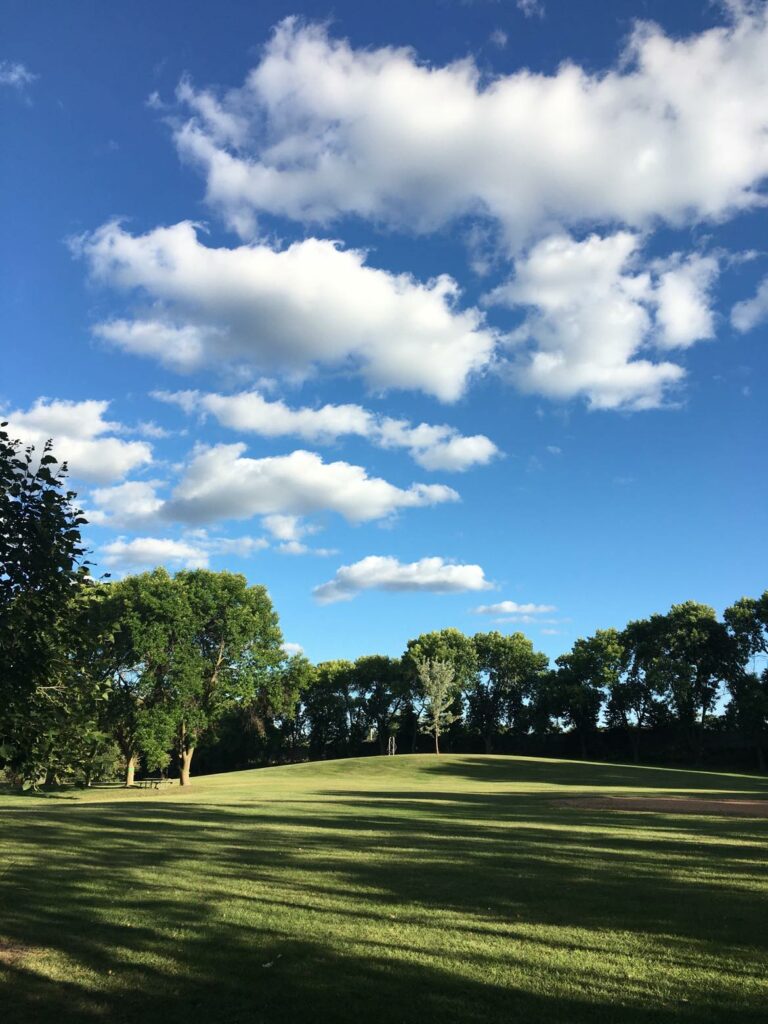Hope is a precious thing.
I know I’ve taken it for granted.
On this particular day, almost two years ago now, I found myself sitting in my car at a park near our apartment. It was 11 A.M. I know this because I was supposed to be logged into supervision over Zoom. But I wasn’t.
I was sitting here in my car at the park, and I was crying. I was crying and I was exhausted and I didn’t know how I was going to continue down this path to becoming a therapist.
It had been a grueling year. I had only been a therapist for a year and a half, and we were a year deep into COVID. The novelty of working from home had worn thin. I was still seeing clients from our kitchen table.
The anxiety of continuing to see clients despite feeling completely out of my depth would push me to distraction whenever I wasn’t working. And from distraction I would sink into a dark depression.
The more I felt I was failing my clients the more I began to resent them. Hours and hours of listening to other people’s problems while I was sinking deeper and deeper into my own.
Hope was in desperately short supply.

So, there I sat crying in my car at the park instead of going to supervision. All the emotions that I had stuffed were streaming down my cheeks.
I just want to be done. I just want to be done helping people.
The hope that I once had of thriving as a therapist, of helping people and loving the work, all that was gone. All I had to show for years of time, money, and dedication was a crippling caseload and deep sense of regret.
After the tears stopped, I meandered my way back home and emailed my supervisor. “Sorry I missed today, can we talk?”
I really didn’t want to talk with him, but I knew I needed to. We hopped on Zoom later that evening and I told him how I had been feeling, how worn out and defeated I felt. He patiently listened to me. He validated what I was feeling and reassured me we would figure this out together.
It’s going to be ok.
Letting others hold hope for us
As therapists and helpers, we’re used to being the ones to hold hope. Whether we are explicitly doing so through how we communicate or simply by our warm and compassionate presence, we tend to be the ones that won’t give up or give in.
This is an incredible gift to those around us, but every gift tends to have a shadow side. And for helpers, the shadow side comes when we ourselves lose hope. It feels foreign and frightening. Our ability to hold hope is a center point of our professional skill as well as our personal identity. So, when we start to lose touch with that hope, it may feel like we’re losing touch with ourselves.
It’s okay to lose hope. It doesn’t mean all hope is lost; it just means you’ve lost touch with it.
And the beautiful thing about being human is that others can hold that hope for us when we cannot.
Practical vs. Emotional
After my supervisor offered validation and reassurance, we got into what I practically needed. The first change was a significant reduction to my caseload. We dropped it by half and that week I started delivering for DoorDash to make up for the lost income.
For some time, I thought I had to just power through, that this is what all beginning therapists experienced and why shouldn’t I be able to handle it too? This comparison wasn’t helping though. It locked me into unrealistic and irrelevant expectations.
I’ve found that often I need emotional support before the practical steps. I need someone to validate what I’m feeling, how I’m struggling, and reassure me that I’m not alone before I can think of what I can do about the situation. Oftentimes I actually know exactly what I need to do but fear or despair or loneliness make the next step seem miles away.
The power of hope with our clients
Holding hope for our clients is central to the work. They come to us with the shambles of their life and ask, do you still see hope there? Cause I can’t…
You don’t have to be a master therapist to answer that question. But you do have to be paying attention to it. And when you notice it, your answer can be explicitly spoken or conveyed through your warmth and compassion.
Yes, yes I do see hope. I don’t know exactly how we’ll get there. But I’m happy to walk with you.
Hope is a precious thing. If you have hope right now, be careful not to take it for granted. If you’re losing hope, that’s ok. You don’t always have to be the hopeful one, the one who has it all together.
Sometimes we need to lose hope, because it’s in the losing of hope and finding it again that we learn, we feel deep down in our bones, that we can make it through.
No matter what, it will be ok.

